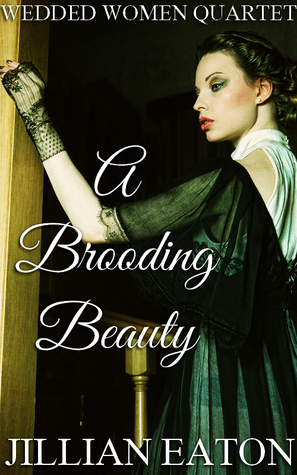Gloria wants to be like Princess Diana. She wants a husband and a baby, just like any other woman, right? But Gloria has a problem with people saying 'no'. Scorned by people throughout her life she has learned to take matters into her own hands. Manipulation and murder. A simple recipe to get what she wants, and get her own back on those who fail to 'play nice'.
Review
The Doll Collection by Joanna Stephen-Ward is a book I started because I thought it looked creepy (from the name and front cover). The book failed to creep me out and I don't think it lived up to the blurb on Amazon.
"Murders that look like accidents. Accidents that looks like murders.
A psychological thriller.
A couple and their young son burn to death in a house fire. A girl dies from a nut allergy. A woman falls under a train during the rush hour. An accountant falls down the steps to his basement. Their deaths appear to be accidents. Only Gloria knows they were murders, because she murdered them.
Each time she kills someone she buys a doll.
A shy young man who has had a nervous breakdown, advertises for a lodger to solve his financial problems. Gloria moves in. He has no idea she has already murdered six people. His life becomes a nightmare. As her character becomes more twisted, it is no longer enough to kill her victims. First she must wreck their lives and witness their suffering. "
This was what the book should have been about. Gloria's previous murders are all brushed over vaguely so already a majority of the blurb's advertised victims aren't greatly described.
The only time I felt empathy for any character in this novel is in the beginning when Gloria overhears Garry insulting her on the phone. Given the brief information offered to the reader it seemed rather rude, uncalled for and very damaging to anyone's self esteem. When Gloria goes on to kill him, as a reader, I think I can understand her torment. However, beyond that point I had no sympathy or attachment to any character. Gloria is an ignorant and dislikeable character. She is bossy and manipulative - without a doubt she is deranged. This is what we want in a villain, right? Yes, but, and there is a big but, as an author you need to give main character's greater depth than Stephen-Ward gave Gloria, if we dislike her then we want to really hate her. If she has become evil as a result of other people then we need detailed back story to feel pity for her in spite of her evil deeds.
Even the 'good' characters in this novel came across as flat or unrealistic. Maurice, for example, has no back bone at all and seemingly never reveals anything about Gloria's evil scheming. Not even to Odette whose cat is murdered by Gloria. I understand that he might be shy and maybe even scared of Gloria later on in the novel, but to let a strange woman, a lodger, move into your bedroom and perform sexual deeds on you seems to be crossing the line of shy to pitiful. It is because of this that I didn't really care that Maurice got a happy ending - I'm just happy one of the cats survived (I love cats). I didn't find any of the good character's particularly likeable, at best I felt neutral towards them.
There were a few typos and words missing here and there. I figure that is to be expected of self published authors, so that doesn't bother me too much. I was just disappointed that the story fell so far of my expectations after reading the blurb. I expected to read a woman's doll collecting journey. I associate dolls in horror or thrillers which something creepy and sinister, but the dolls were not even a major part of the novel. Gloria does not even seem to spend a significant amount of time searching for the 'right' doll to match her victims. I would have thought this would be important if the dolls are so important to her. I found Gloria's death to be an anti-climax after all the talk of murder.
The positives of this book are that it's teen friendly or low reading level adult friendly. The language is simple and direct. The story leads the book so people with short attention spans won't get bored. Although, there is no guarantee that you won't get terribly bored of the conversations between Gloria and her 'husband'.
Front Cover
I think the front cover could do with a bit of an update. When I think about it, I can see why a bride doll, fire and coffin are components of the front - it's a give away to the ending, right? - but the overall composure looks a little amateur.
Favourite Quote
‘I found some disgusting things.’‘What?’‘Library books.’




